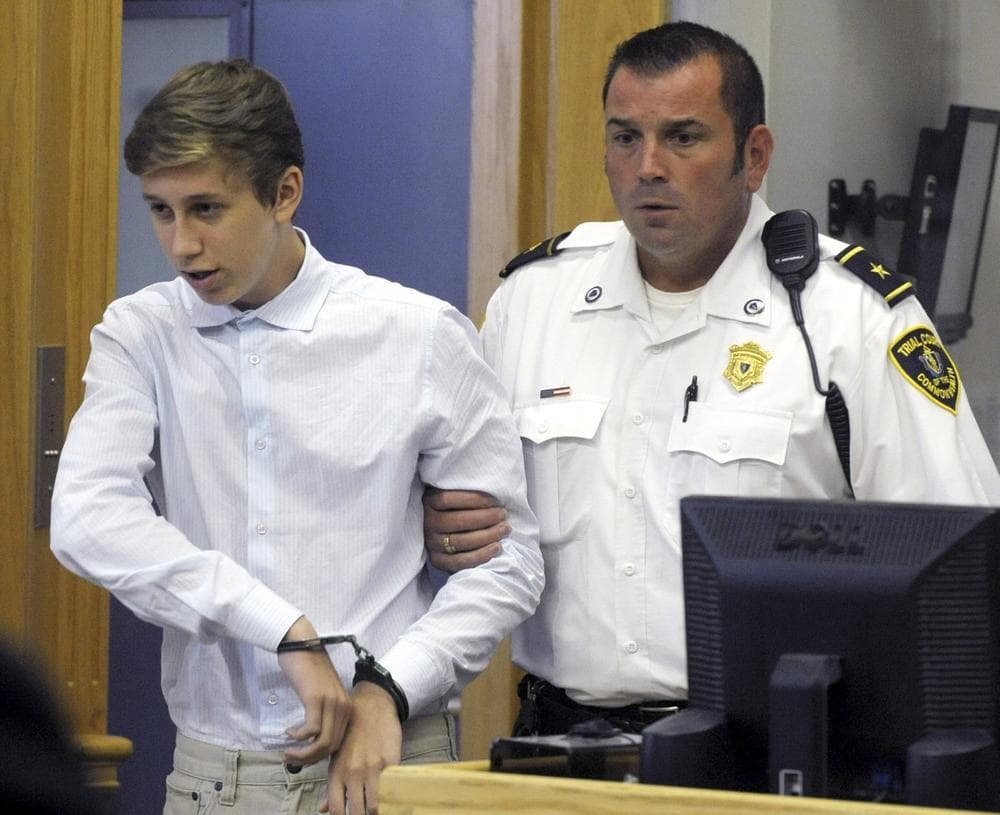Advertisement
Violent Hazing In High School Sports
Resume
Hazing is nothing new, but two recent local hazing incidents raise some interesting questions.
In one incident, 3 Somerville high school students are charged in the brutal sexual assault of a High School freshman during a summer camp for the junior varsity soccer team.
In the other, police are investigating a hazing incident in Chelmsford, N.H. involving the High School football team during a summer camp in New Hampshire.
What leads to hazing among sports teams? Has it become more violent or more sexualized? What can be done to stop it?
Guest
Dan Lebowitz, executive director of the Center for Sport in Society at Northeastern University.
More
University of Maine Hazing is woven into the fabric of student life and campus culture in U.S. colleges and universities. More than half (55%) of the students who become involved in campus student organizations, clubs, and teams are hazed in the process of becoming a member or maintaining membership in these groups.
Alfred University Adolescents blindly strive to be accepted and are often willing “to do anything” in order to belong, including binge drinking, sexual assault, and other forms of hazing. If society does not provide initiation, adolescents will attempt to do it on their own, often to the detriment of everyone involved, as well as the group as a whole.
This segment aired on September 11, 2013.